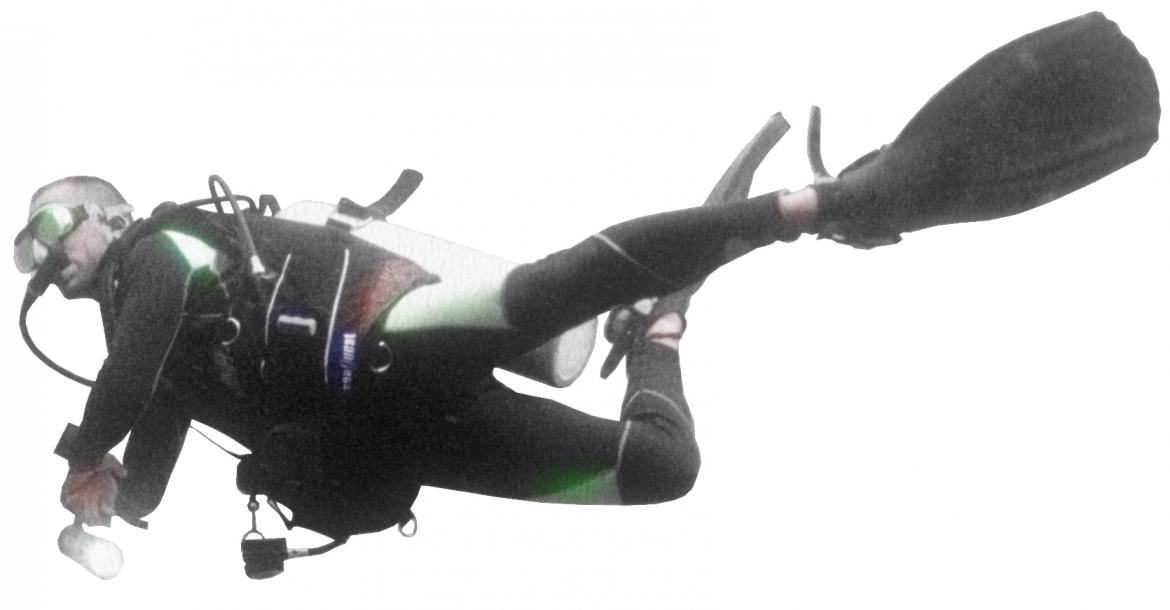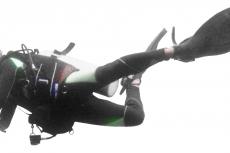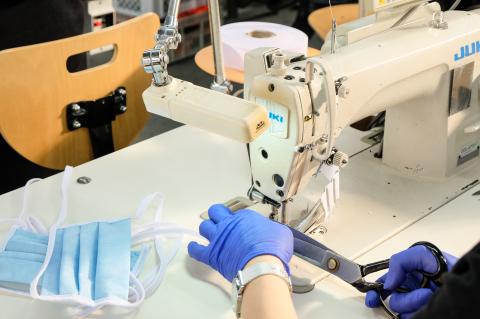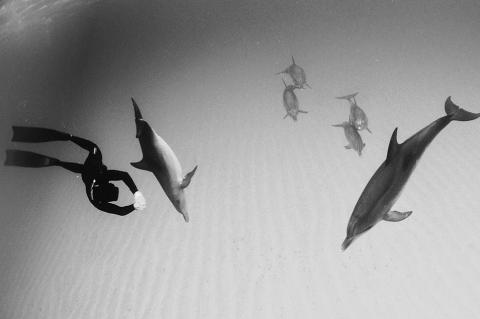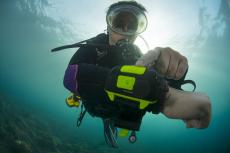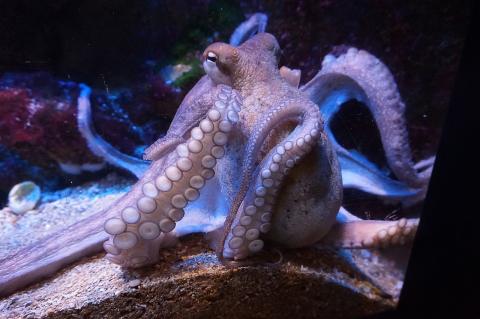The Diabetes Controversy
Diabetes ranks as one of the most controversial medical conditions affecting divers and has been the cause of heated debates worldwide for more than two decades.
Tags & Taxonomy
In the mid-1970´s there was a diving accident in the UK. The diver in question developed a sudden onset of decompressions illness and died. It was discovered that the diver suffered from diabetes, a chronic condition where the ability of the body to produce insulin is either diminished or lost entirely. As insulin is the hormone that allows the body to control blood sugar levels, and the treatment varies on an individual basis, diabetes can be a life threatening illness, if not treated properly.
While in the concrete case there was no evidence that the divers diabetic condition had contributed to his demise, an international and complete ban on diving diabetics was imposed, with the exception of those diabetics who could control their condition by diet alone.
In the early 1990’s, the case was re-examined, and a review of the post-mortem results showed that the diver had a patent foramen ovale, or a hole in the heart between the right and left atria. Whether this, his diabetic condition or a third factor caused the diving accident, remains uncertain. However, by that time one of the most heated discussions in diving and hyperbaric (diving) medicine to emerge had already been running for 20 years.
The problem associated with diabetics and diving is serious, because diabetes is a globally occurring condition that appears to be more and more common. According to the WHO, at least 170 million people worldwide have diabetes, and the figure is likely to double by 2030. As more and more people get diabetes, the numbers of diabetics who want to experience diving will increase.
Diabetes
The human body uses sugar (glucose) as fuel, which is derived directly from what we eat and drink. The hormone insulin, present in the bloodstream, is necessary for the cells to metabolize sugar. Insulin is normally produced by the pancreas; however, in diabetics, the ability of the pancreas to produce insulin is lowered or gone completely. Alternatively, the cells of the body can have a resistance to the entry of insulin. In both cases the result is the same: Glucose levels build in the blood and can reach dangerous levels, which can result in cells being starved of energy. Over time, diabetics can develop damage to their eyes, kidney, heart or peripheral nerves, if they are not well-regulated.
There are several different degrees of diabetes, and the illness varies from person to person. About 90% of all diabetics have what is commonly called Type II diabetes, and can control their blood sugar levels by diet and oral medicine. Typically, the pancreas of Type II diabetics still produces insulin, but at a lower rate. The remaining 10% are called Type I diabetics. In this group, the pancreas has completely stopped producing insulin, which means that the Type I diabetics need to get their insulin via injections of the hormone.
The risk of diving with diabetes
When diving, the body is usually quite active, depending on the conditions in question, and therefore uses sugar. Most divers, especially those diving in cold waters, will be familiar with the solid appetite a morning of diving usually builds.
For diabetics, the use of sugar during diving can constitute a problem if they for some reason start their dive with too low a level of blood sugar. This can happen if the diver has taken too much insulin before the dive, has been drinking alcohol or lacks exercise, has eaten too little or improperly. In these cases, diabetic divers run the risk of their blood glucose level falling to a level where hypoglycemia, or low blood sugar, is ...
(...)
Download the full article ⬇︎

Originally published
X-Ray Mag #14
Going Down Under: AUSTRALIA: Tiger Sharks - Byron Bay - Bondi Beach - Ningaloo Reef - Tasmania Kent Group. Ecology: Stingrays. Stop the Killings. Diving with DIABETES. Discover SOLOMON Islands. Do it Right, writes Leigh Cunningham. Photography: Profile of ScubaZoo. Shopping for the Holiday: Stocking Stuffers. Portfolio: David Pilosof: "Somebody forgot his fins?"


